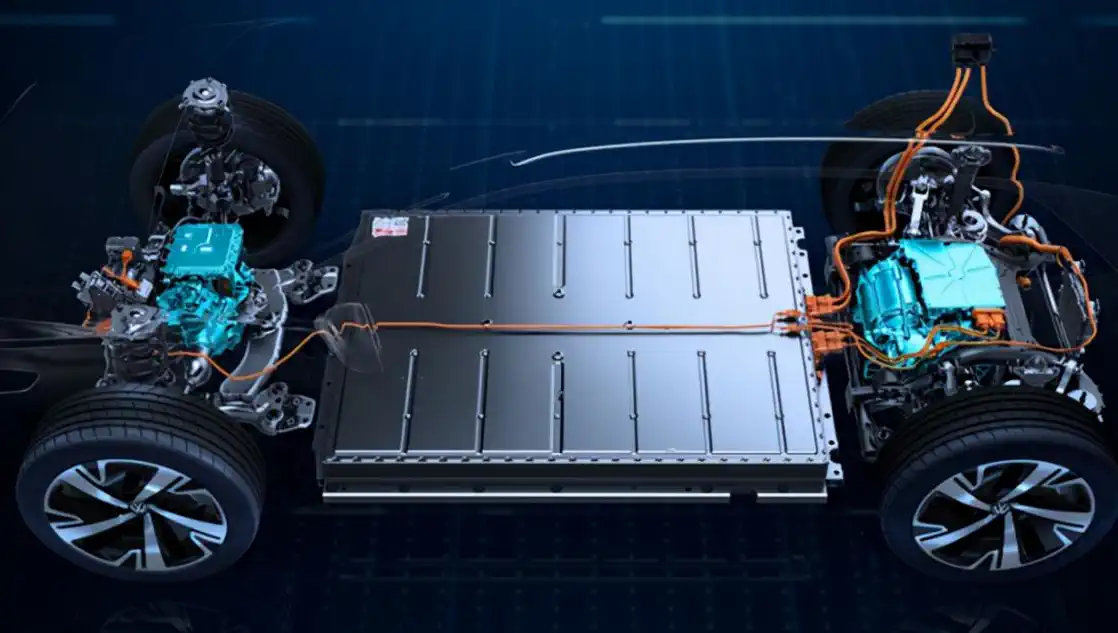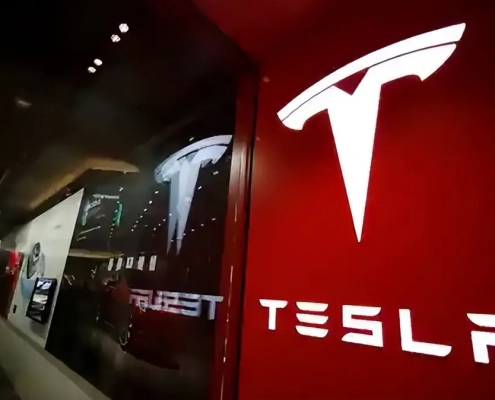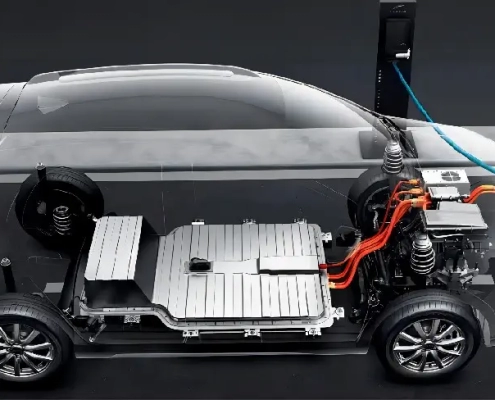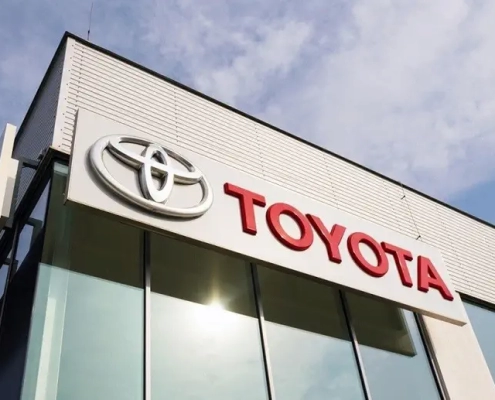The Rise of Lithium Iron Phosphate Batteries in Electric Vehicles
Lithium iron phosphate battery usage in domestic electric vehicles has reached over 70%. NIO’s “LeDao” model, aimed at families and priced between 200,000 and 300,000 yuan, uses BYD lithium iron phosphate batteries. Many car makers, including those behind the “LeDao,” are showing continued support for these batteries, leading to a significant increase in their installation. In 2023, lithium iron phosphate battery usage in vehicles peaked at 70%, briefly overtaken by ternary lithium batteries. However, this year, the market share has returned to a 70-30 split favoring lithium iron phosphate batteries.
According to the Innovation Alliance, in April 2024, China’s total battery installation reached 35.4GWh, a 40.9% increase from the previous year and a 1.4% month-on-month growth. Ternary lithium battery installations were 9.9GWh, accounting for 28% of the total, with a 24.1% year-on-year increase but a 12.2% month-on-month decrease. Meanwhile, lithium iron phosphate battery installations were 25.5GWh, making up 71.9% of the total, with a 48.7% year-on-year increase and a 7.8% month-on-month growth.
Not only are these batteries popular in China, but their export share is also rising. In April, total power battery exports reached 12.7GWh, a 28.5% year-on-year increase and a 3.4% month-on-month growth. Lithium iron phosphate battery exports matched ternary lithium batteries at 6.3GWh each. In 2023, LFP batteries only accounted for about 30% of exports.
International car makers like Tesla, Volkswagen, General Motors, and Ford are increasingly adopting lithium iron phosphate batteries. Even global battery giants known for ternary lithium batteries, such as Samsung SDI, LGES, and SK On, are planning to build LFP production lines. Chinese companies are leveraging their expertise in LFP technology to establish overseas factories. Announcements from listed companies indicate that many overseas production bases will primarily produce lithium iron phosphate batteries.
In summary, lithium iron phosphate batteries are gaining significant traction globally in the electric vehicle market.
Innovations in LFP Battery Technology Boost Electric Vehicle Market
The rise in LFP battery technology is being driven by industry leaders like CATL, who have quickly developed new products. At the 2024 Beijing Auto Show, CATL unveiled the Shenxing PLUS, a new lithium iron phosphate battery with a range of 1000 km and fast-charging capabilities. This battery, with an energy density of 205 Wh/kg, has set a new record for LFP batteries.
Experts explain that electric car lithium battery technology is currently dominated by two types: ternary lithium batteries and LFP batteries. Ternary lithium batteries have long been favored due to their superior performance. However, as LFP battery technology improves and costs drop, electric car lithium battery prices are becoming more competitive with traditional fuel vehicles. For example, hybrid electric vehicle (PHEV) prices have fallen below 100,000 yuan, making them competitive with traditional cars in the 50,000 to 150,000 yuan range, largely due to the use of lithium iron phosphate batteries.
Previously, CATL led the market with ternary lithium batteries but now faces fierce competition in the more affordable LFP sector from companies like BYD. CATL aims to increase its market share in low-cost LFP battery technology with the new Shenxing battery. In 2024, CATL will collaborate with automakers such as Zeekr, Changan’s Avatr, Chery, NETA, BAIC, Voyah, and GAC Aion to launch over 50 new car models, further expanding its influence in the LFP battery technology market.
BYD’s success in the electric vehicle market is largely due to its LFP blade batteries. BYD is developing a second-generation blade battery system, expected to be released in August 2024, with an energy density between 180 Wh/kg and 190 Wh/kg.
On May 14, Sunwoda, a company primarily focused on ternary lithium batteries, announced it is adjusting its production capacity to meet the growing demand for LFP batteries. The company expects LFP battery technology to account for more than 50% of its production this year.
Rising Demand Boosts Lithium Iron Phosphate Battery Production
The demand for lithium iron phosphate batteries (LFP) is rising, benefiting companies in the supply chain. Recently, LFP material companies have ramped up production, even smaller players are increasing their output.
A materials company reported that their lithium iron phosphate sales have been steadily increasing. In the first quarter of this year, sales grew by 32.63% compared to the same period last year. Although the second quarter is not yet over, the demand for LFP materials looks promising.
On May 10, the leading LFP materials company, Defang Nano, shared that their production rate is currently high. The demand from downstream customers has picked up noticeably in the second quarter, and the company expects to maintain high production capacity utilization.
According to industry research, in April, the domestic production of lithium iron phosphate reached 210,300 tons, an increase of 47,000 tons from March, marking a 29.02% growth. In March, the LFP industry had already entered its peak season, with leading companies operating at full capacity. Notably, in April, LFP orders continued to spill over, prompting many smaller companies to restart their production lines.
Overall, the competition between ternary and lithium iron phosphate batteries is expected to continue. As the electric vehicle industry matures, consumers will demand batteries with higher energy density, fast charging, safety, and lower costs, driving further advancements in different battery technologies.
Conclusion
In summary, the lithium iron phosphate battery market is experiencing a significant boom. Big names like CATL and BYD, along with many other companies, are seeing higher production rates and increased sales. The competition between ternary lithium batteries and LFP batteries will likely continue, pushing companies to innovate and improve. As more consumers look for electric vehicles with better performance and lower costs, the advancements in lithium iron phosphate battery technology will play a crucial role in shaping the future of the electric vehicle market.






